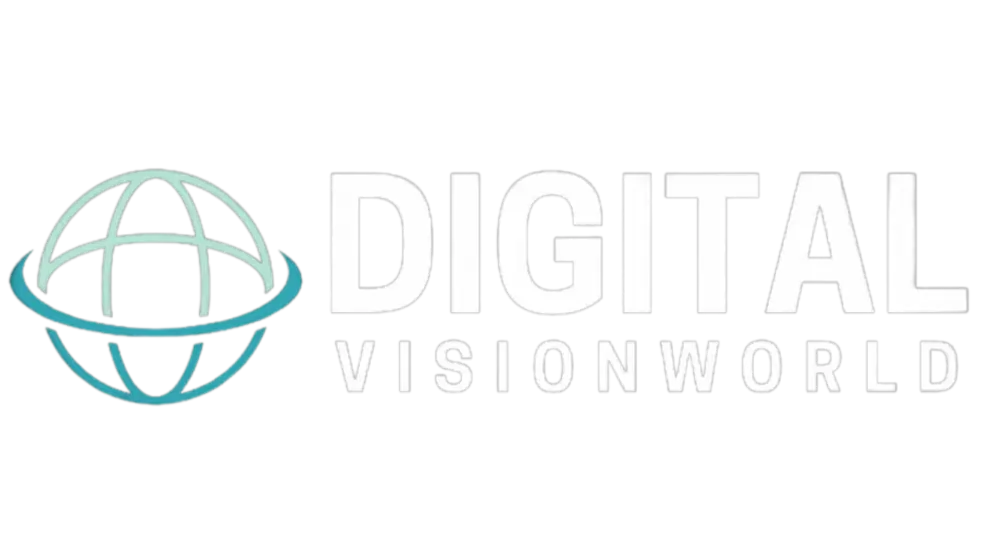Future Technology Trends
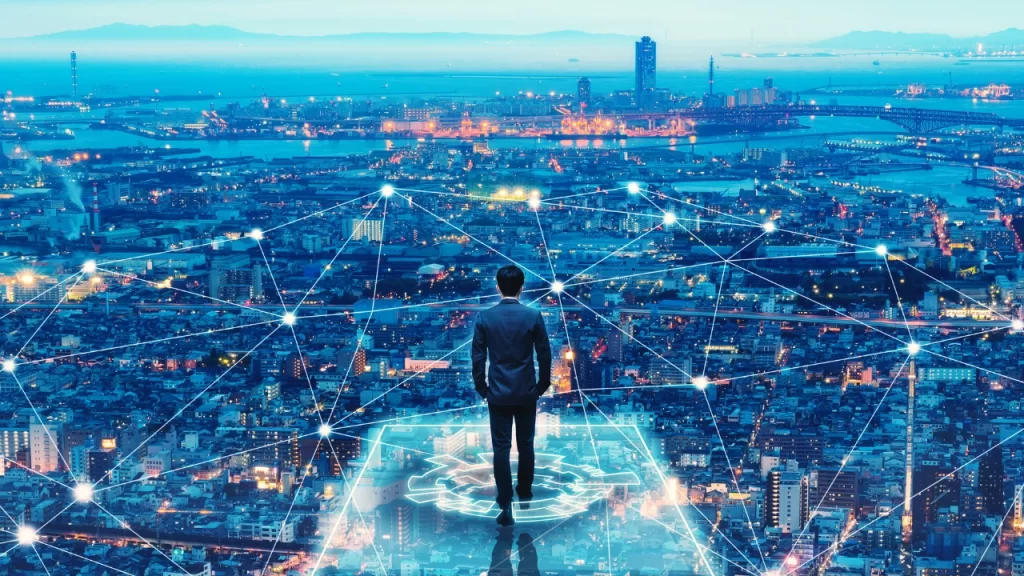
Introduction
Technology is advancing at a faster pace than ever. From artificial intelligence to advanced robotics, every sector is experiencing a technological revolution. As we approach 2025, these innovations will not just shape industries but also redefine the way we live, work, and interact with the world around us.
Why does understanding these Future technology trends matter? Because technology isn’t just about flashy gadgets, it’s about solving real-world problems, improving efficiency, and ensuring a sustainable future. In this blog, we’ll explore the Technology trends in 2025 and break down the 10 Technology Trends for 2025 that are set to make the biggest impact.
The Importance of Technology Trends in 2025
The world is about to change with new digital technology. By 2025, emerging technologies will become deeply integrated into every industry, creating smarter workflows, efficient systems, and groundbreaking solutions to global challenges.
- Economic Growth: Innovations in AI, robotics, and biotech are projected to add trillions to the global economy.
- Workforce Transformation: Job roles will evolve, demanding new skills and expertise to work alongside advanced technologies.
- Environmental Sustainability: Green technologies will drive cleaner energy production and carbon reduction.
For businesses, staying ahead of these trends isn’t optional – it’s essential. Companies that fail to adapt risk becoming obsolete, while those that embrace these technologies will lead the way into the future.
Top 10 Technology Trends for 2025
1. Artificial Intelligence (AI) and Machine Learning (ML) Expansion
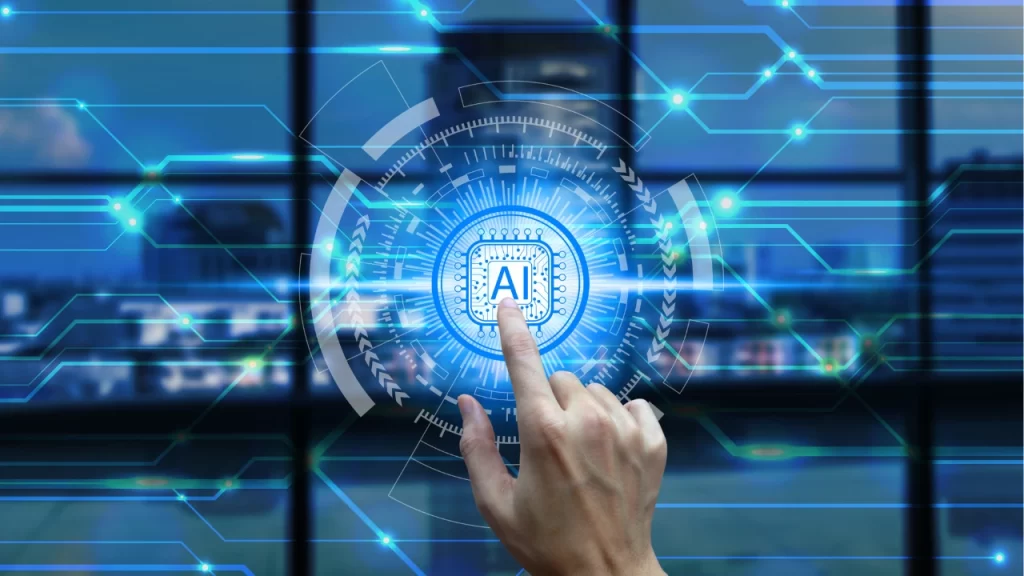
Artificial Intelligence and Machine Learning aren’t just buzzwords – they’re the engines driving the future. By 2025, AI will be more deeply integrated into daily tools and systems, offering smarter automation, hyper-personalisation, and predictive analytics.
- Healthcare: AI-driven diagnostic tools are improving accuracy and reducing human error in medical imaging.
- Retail: Personalised shopping experiences powered by AI algorithms will dominate the e-commerce industry.
- Manufacturing: Smart factories with AI-enabled robots will streamline production lines, reducing costs and waste.
Example: Microsoft has implemented AI-powered Azure tools to enhance predictive analytics, helping businesses make smarter decisions based on real-time data.
The result? Increased efficiency, cost savings, and better decision-making across industries.
2. Agentic AI Systems
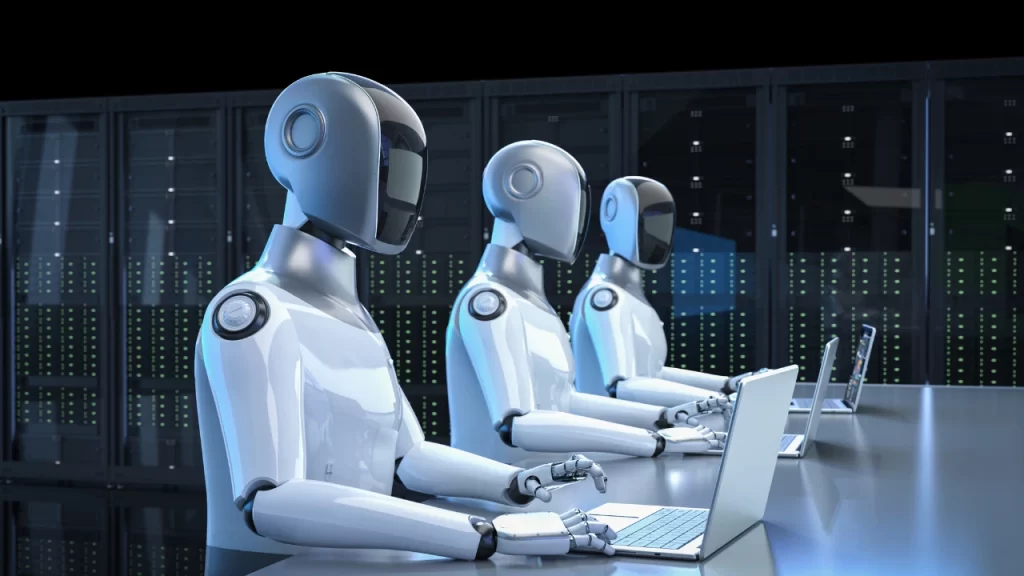
Agentic AI takes AI capabilities to a whole new level. These systems are not just passive assistants – they can make autonomous decisions, set goals, and act independently within predefined ethical boundaries.
Key Applications of Agentic AI:
- Project Management: AI can oversee complex projects, ensuring tasks are completed efficiently.
- Scientific Research: Autonomous AI agents can run simulations and analyse results without human intervention.
- Crisis Response: In emergencies, AI systems can make split-second decisions to minimise damage and save lives.
Example: AI tools developed by OpenAI are exploring autonomous workflows in scientific research, enabling faster discoveries.
Agentic AI will redefine industries by handling tasks that were previously considered too complex for traditional AI systems.
3. Advanced Robotics and Automation
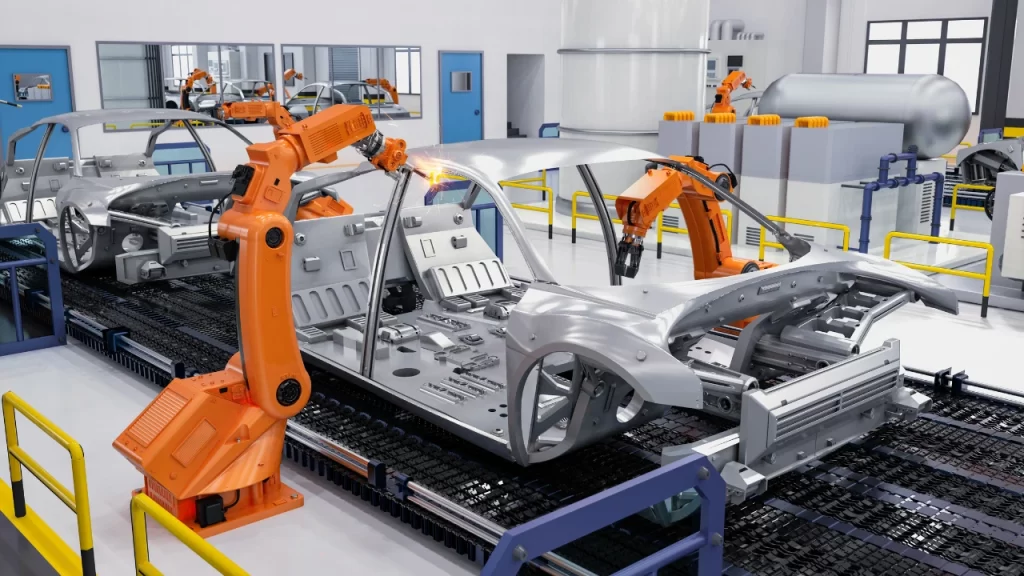
Robotics is no longer limited to industrial factories; it’s becoming a part of our everyday lives. By 2025, robots will play significant roles in healthcare, agriculture, logistics, and even home assistance.
Key Innovations in Robotics:
- Healthcare Robotics: Robots assisting in surgeries and patient care.
- Agricultural Robotics: Smart tractors and automated drones for precision farming.
- Logistics Automation: Autonomous delivery robots for last-mile logistics.
Example: Amazon’s warehouse robotics have already optimised supply chain efficiency, cutting delivery times and costs.
The next wave of robotics will combine AI, machine vision, and sensor technology, making them smarter and more adaptable than ever before.
4. Quantum Computing Progress
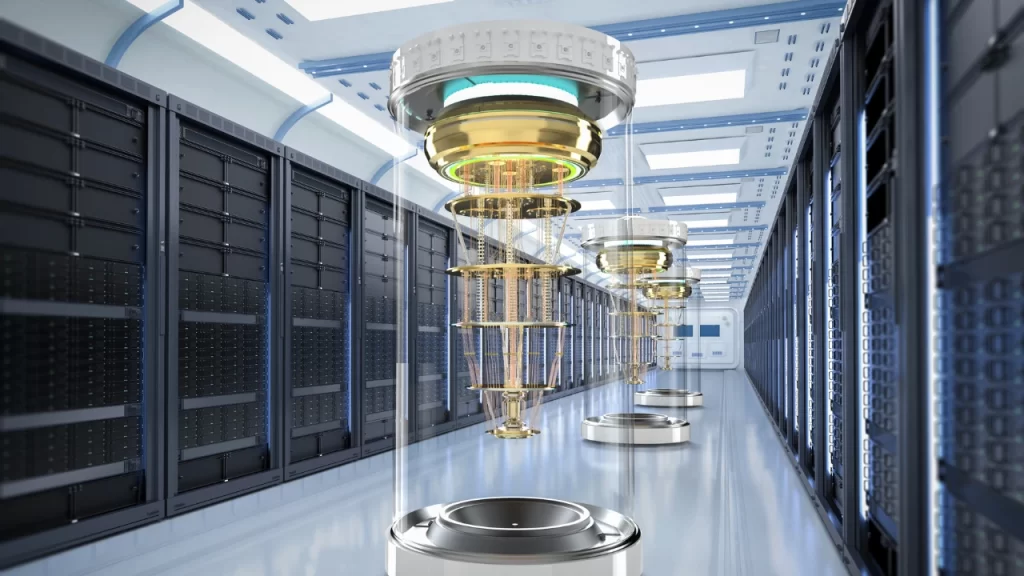
Quantum computing is no longer a far-fetched sci-fi concept – it’s becoming a transformative reality. By 2025, advancements in quantum technologies will redefine how we process information, solve complex problems, and secure data.
Key Areas of Quantum Computing Impact:
- Cryptography and Cybersecurity: Quantum encryption will create virtually unbreakable codes, securing sensitive information.
- Drug Discovery: Quantum simulations will help pharmaceutical companies design effective drugs faster.
- Financial Modeling: Accurate risk analysis and investment strategies will be powered by quantum algorithms.
Example: IBM’s Quantum Computing roadmap aims to build a quantum processor capable of solving real-world problems by 2025.
The implications are profound – tasks that would take traditional computers thousands of years will be completed in minutes by quantum machines.
5. Sustainable and Green Technologies
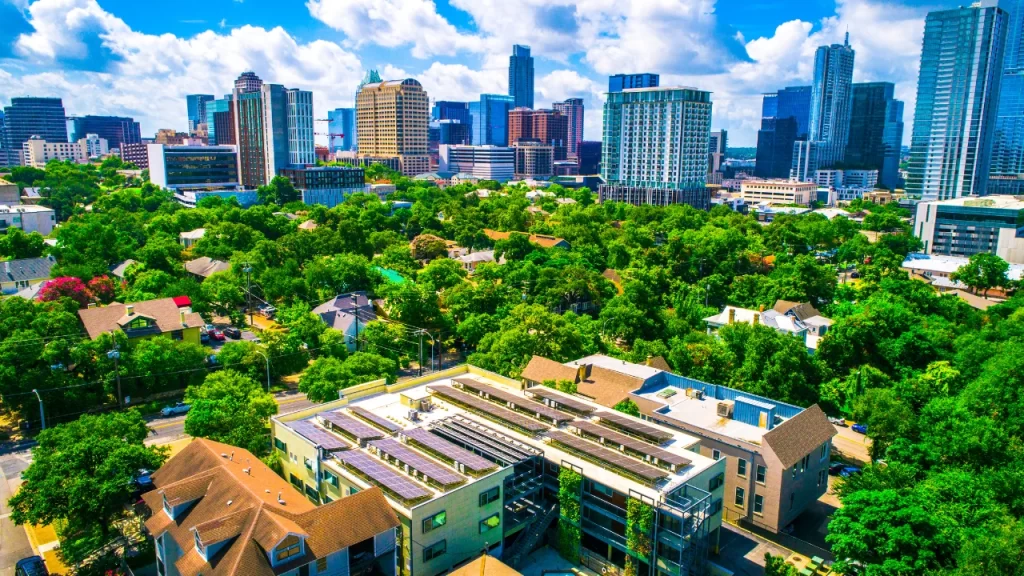
Sustainability is not just a trend – it’s a necessity. By 2025, green technologies will take center stage, addressing critical environmental challenges like carbon emissions, energy consumption, and resource management.
Key Innovations in Green Tech:
- Advanced Solar Panels: Highly efficient and affordable solar panels will make renewable energy accessible worldwide.
- Energy Storage Systems: Improved batteries will store renewable energy for extended periods, reducing reliance on fossil fuels.
- Carbon Capture Technologies: Systems capable of extracting CO₂ from the atmosphere will become commercially viable.
Example: Tesla’s Megapack battery storage systems are revolutionising how we store and distribute renewable energy.
These innovations will not only reduce environmental footprints but also open new economic opportunities for green entrepreneurs.
6. 5G and Emerging 6G Networks
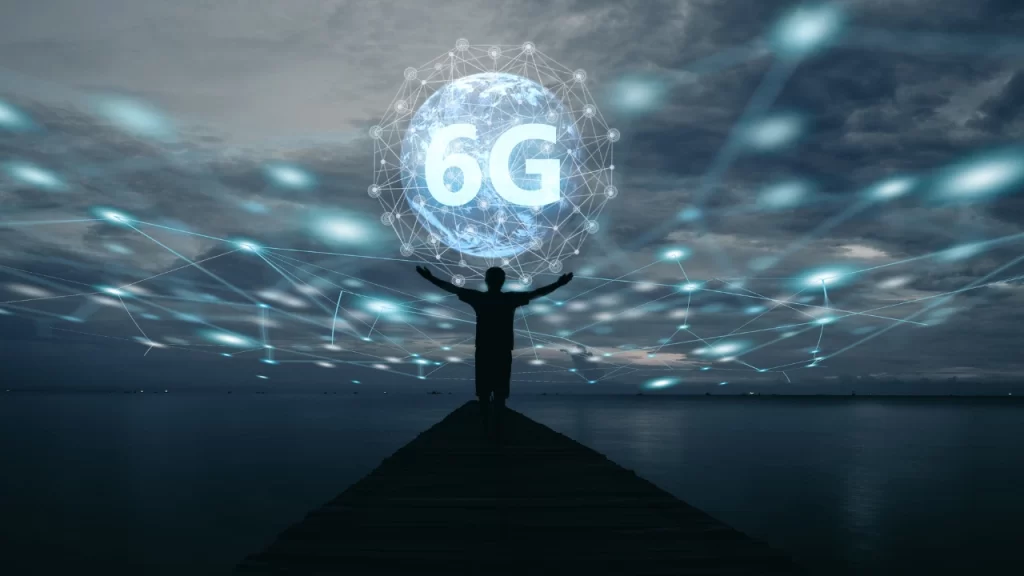
We are already witnessing the power of 5G, but the journey doesn’t stop there. By 2025, the groundwork for 6G networks will begin, promising speeds and connectivity levels previously unimaginable.
Benefits of 5G and 6G Networks:
- Ultra-Fast Connectivity: Real-time communication with zero lag.
- Smart Cities: Integrated urban systems powered by seamless connectivity.
- IoT Revolution: Billions of devices interconnected for smarter decision-making.
Example: Ericsson predicts that 5G will cover over 75% of the world’s population by 2025, creating massive opportunities for IoT applications.
With 6G on the horizon, technologies like holographic communication and AI-driven networks will soon become mainstream.
7. Immersive Technologies (AR, VR, XR)

Immersive technologies like Augmented Reality (AR), Virtual Reality (VR), and Extended Reality (XR) are set to revolutionize how we interact with digital spaces by 2025.
Key Applications of Immersive Tech:
- Education: Virtual classrooms with interactive lessons.
- Entertainment: Realistic VR gaming and movie experiences.
- Remote Work: Virtual offices where employees collaborate in 3D spaces.
Example: Meta (formerly Facebook) is investing heavily in the Metaverse, aiming to create fully immersive digital environments.
These technologies will blur the line between the physical and digital worlds, offering unprecedented opportunities for creativity and collaboration.
8. Cybersecurity Innovations

As technology advances, so do cybersecurity threats. By 2025, cybersecurity will become smarter, AI-driven, and decentralized to tackle increasingly complex cyber threats.
Key Cybersecurity Innovations:
- AI-Powered Threat Detection: Identifying and neutralising threats in real-time.
- Decentralized Identity Solutions: Enhanced privacy and reduced vulnerability to data breaches.
- Zero Trust Architecture: Ensuring strict access controls across all systems.
Example: Microsoft is using AI-driven security tools to proactively detect threats and prevent cyber-attacks.
Cybersecurity isn’t just about protecting data anymore – it’s about ensuring trust in an increasingly digital world.
9. Internet of Things (IoT) and Smart Ecosystems
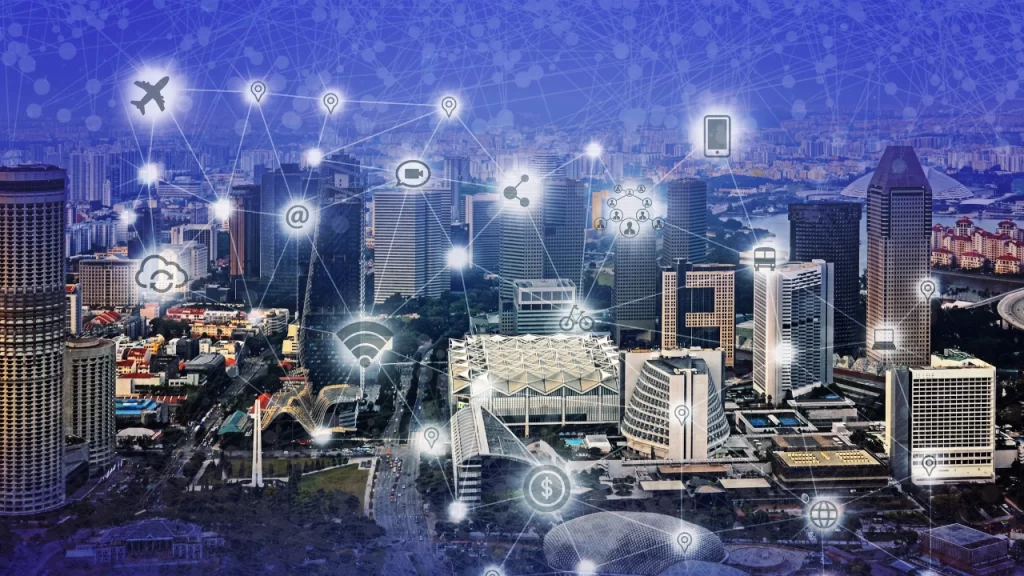
By 2025, IoT will play a central role in building smarter cities, homes, and industries. With billions of devices connected to the internet, the data generated will drive efficiency, innovation, and better decision-making.
Key Applications of IoT:
- Smart Homes: Automated systems for lighting, heating, and security.
- Smart Cities: Traffic control, waste management, and resource optimization using IoT sensors.
- Industrial IoT: Enhanced production processes through connected machinery.
Example: Cisco predicts over 29 billion connected devices by 2025, revolutionizing communication and logistics.
IoT ecosystems will not only improve convenience but also promote sustainability through smarter resource management.
10. Biotechnology and Genetic Engineering
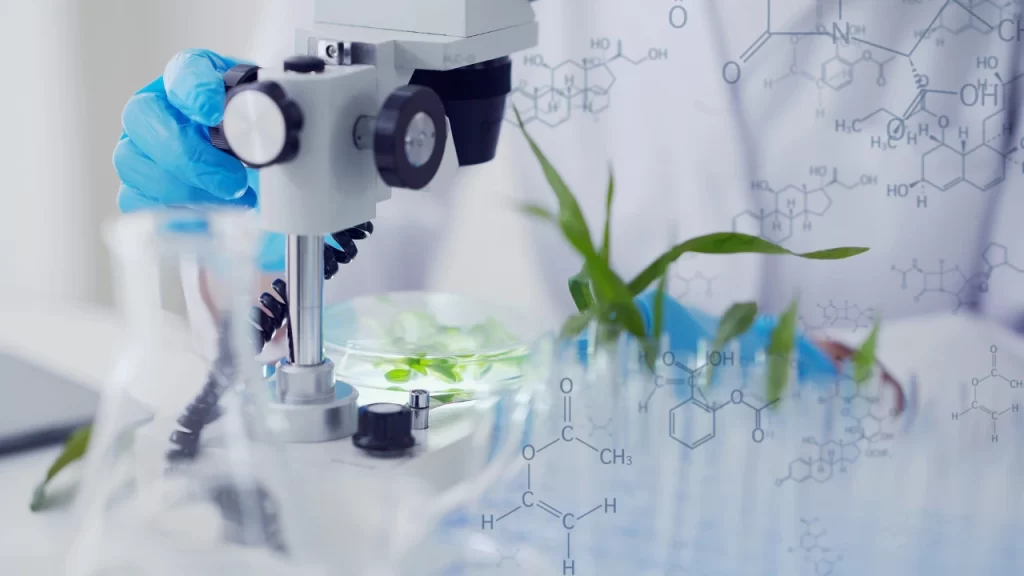
Advances in biotechnology and genetic engineering are opening doors to revolutionary medical treatments and sustainable agricultural practices. By 2025, these technologies will become even more impactful.
Key Innovations in Biotechnology:
- CRISPR Gene Editing: Targeted treatments for genetic diseases.
- Synthetic Biology: Designing biological systems for industrial applications.
- Personalized Medicine: Treatments designed specifically for a person’s unique genes.
Example: Researchers are using CRISPR to treat conditions like sickle cell anemia and certain types of cancer.
From curing diseases to improving food security, biotechnology is set to change life as we know it.
The Role of Governments and Policies in Future Technologies
Innovation thrives under the right policies. Governments worldwide must balance promoting technological growth with safeguarding ethical standards and privacy.
Key Areas of Focus:
- Ethical AI Development: Regulations for responsible AI deployment.
- Data Privacy Laws: Protecting citizens’ information in a connected world.
- Innovation Funds: Financial support for research and development.
Example: The European Union’s GDPR framework has set global standards for data protection.
Governments must work collaboratively with tech companies to create a balanced approach to innovation and regulation.
Future Skills for Adapting to Technology Trends
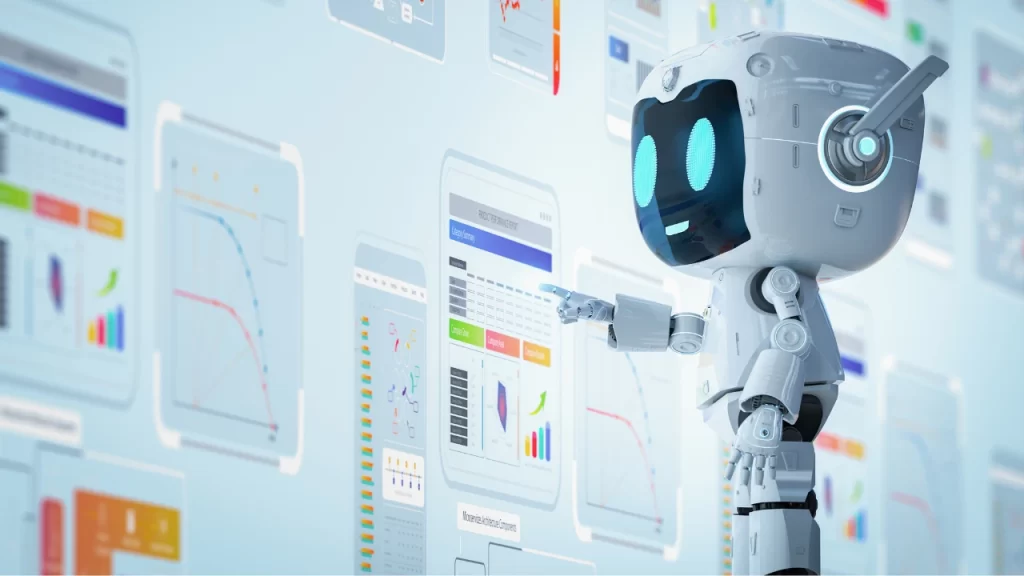
As technology evolves, so must the workforce. Education and training programs must equip individuals with the skills needed to navigate this new era.
Key Skills for 2025:
- AI and Data Analytics Proficiency
- Cybersecurity Expertise
- Digital Literacy and Problem-Solving Skills
Example: Companies like Google are offering free online courses to help individuals upskill in AI and data analytics.
Adaptability will be the defining trait of successful professionals in the future.
Conclusion
As we move closer to 2025, it’s clear that technology will continue to shape our world in ways we can only imagine. From the incredible potential of Artificial Intelligence (AI) and Agentic AI Systems to the breakthroughs in Quantum Computing and Biotechnology, each trend offers unique opportunities and challenges. Technologies like 5G and 6G networks, IoT ecosystems, and Immersive Technologies (AR, VR, XR) will redefine how we work, learn, and connect with each other.
At the same time, issues like cybersecurity threats and ethical considerations in AI highlight the need for responsible innovation and strong regulatory frameworks. Governments, businesses, and individuals must work together to ensure these advancements benefit everyone while minimizing risks.
The future workforce will also need to adapt. Skills in AI, data analytics, cybersecurity, and digital problem-solving will be essential for thriving in this rapidly evolving environment. Educational systems and corporate training programs must keep up with these demands to ensure no one gets left behind.
In the coming years, collaboration between technology leaders, governments, and communities will be vital. Innovation isn’t just about building smarter machines—it’s about creating a better, more sustainable world for everyone.
The future of technology is exciting, full of possibilities, and closer than we think. Whether you’re an entrepreneur, a student, or simply a tech enthusiast, staying informed and adaptable will be your greatest strength in navigating this tech-driven future.
The road ahead is bright, and the best is yet to come.
FAQs
1. What are the main future technology trends in 2025?
The key future technology trends in 2025 include advancements in Artificial Intelligence (AI), Agentic AI systems, Quantum Computing, Sustainable Green Technologies, 5G and 6G Networks, Immersive Technologies (AR, VR, XR), Cybersecurity Innovations, Internet of Things (IoT), and Biotechnology and Genetic Engineering. These trends will drive innovation across industries, improve efficiency, and address global challenges like sustainability and healthcare.
2. How will AI impact daily life in the future?
AI will deeply integrate into daily life by 2025, enhancing everything from healthcare to shopping and smart home systems. AI algorithms will offer hyper-personalised experiences, predictive analytics, and automation. For instance, AI in healthcare will enable early disease detection, while AI-powered assistants will streamline everyday tasks, making life more convenient and efficient.
3. Why is cybersecurity more critical in 2025?
As technology becomes more interconnected through IoT, 5G networks, and smart devices, cybersecurity risks will also increase. Cybercriminals are becoming more sophisticated, and AI-driven threats pose significant challenges. Innovations like AI-powered threat detection, decentralised identity management, and zero-trust architecture will be crucial to protecting sensitive data and ensuring trust in digital systems.
4. How will quantum computing change industries?
Quantum computing will revolutionise industries by solving problems beyond the capabilities of traditional computers. In healthcare, it will accelerate drug discovery. In finance, it will improve risk assessment and fraud detection. In cryptography, it will create unbreakable encryption. Companies like IBM and Google are already pioneering quantum technologies to tackle these real-world challenges.
5. What industries will benefit most from biotechnology advancements?
The healthcare, agriculture, and environmental sectors will benefit the most from biotechnology advancements. Technologies like CRISPR gene editing will enable personalised treatments for genetic diseases. In agriculture, biotech will help develop resilient crops and sustainable farming solutions. Environmental biotech will support carbon capture technologies and sustainable energy production.
References
- Microsoft AI Blog – Artificial Intelligence and its Role in Business Innovation – https://blogs.microsoft.com/ai/
- IBM Quantum Computing Roadmap – Advancements in Quantum Technologies for Business Applications – https://www.ibm.com/quantum
- Tesla Energy Megapack – Innovations in Energy Storage and Renewable Energy Solutions – https://www.tesla.com/megapack
- Meta (Facebook) Metaverse Overview – Immersive Technologies and the Future of Virtual Interaction – https://about.meta.com/metaverse/
- Ericsson Mobility Report – 5G Adoption and Future 6G Trends – https://www.ericsson.com/en/reports-and-papers/mobility-report
- Cisco IoT Insights – IoT Ecosystems and Smart City Development – https://www.cisco.com/c/en/us/solutions/internet-of-things/overview.html
- OpenAI Research Papers – Agentic AI and Autonomous Decision-Making Systems – https://openai.com/research
- European Union GDPR Framework – Data Privacy and Cybersecurity Regulations – https://gdpr-info.eu/
- Nature Biotechnology Journal – CRISPR Innovations and Personalized Medicine – https://www.nature.com/nbt/
- World Economic Forum (WEF) Future Trends Report – Global Impact of Emerging Technologies – https://www.weforum.org/reports
- Harvard Business Review (HBR) – The Role of AI and Data Analytics in Modern Business – https://hbr.org/
- MIT Technology Review – Top Technology Trends Shaping the Future – https://www.technologyreview.com/
- Stanford University AI Index Report – Global AI Trends and Innovations – https://aiindex.stanford.edu/
- National Renewable Energy Laboratory (NREL) – Advancements in Green Energy Technologies – https://www.nrel.gov/
- Cybersecurity and Infrastructure Security Agency (CISA) – Cybersecurity Innovations and Best Practices – https://www.cisa.gov/
